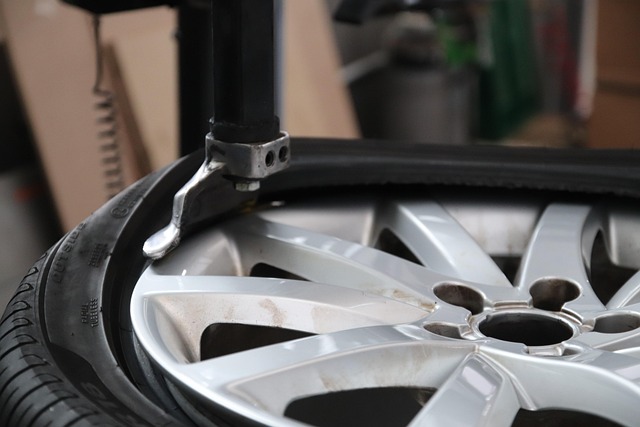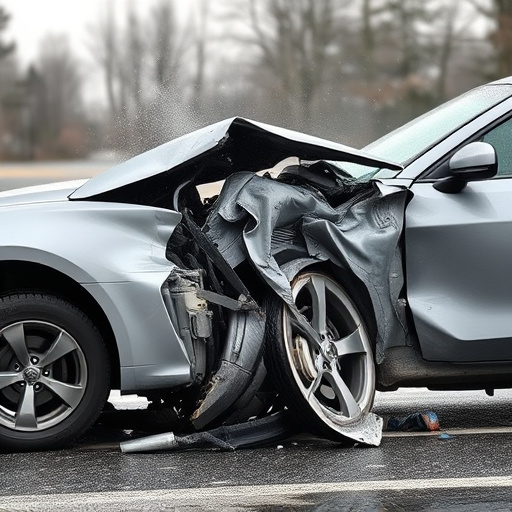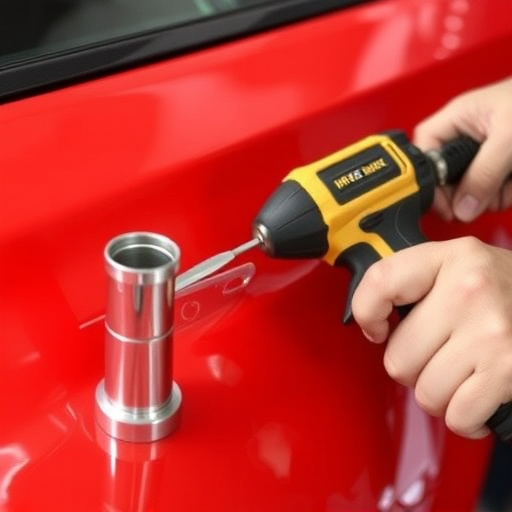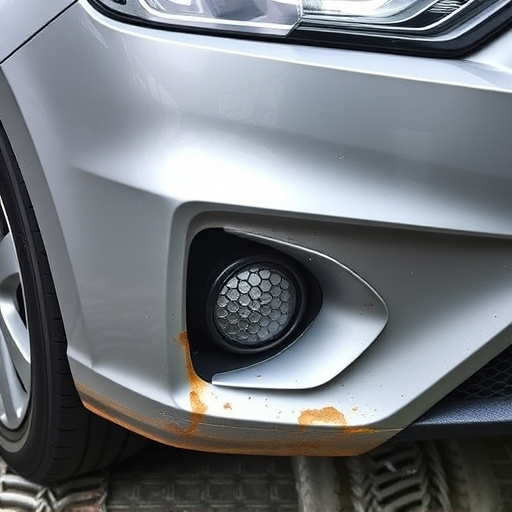Total loss assessment is a detailed process by auto body experts to determine a vehicle's value and condition post-collision, focusing on structural damage, functionality, and cosmetic issues. Red flags include disregard for vehicle history, indicating potential bias in compensation. To challenge an assessment, gather pre-incident documentation from reputable autobody professionals and scrutinize the insurance company's methodology, ensuring all modern repair techniques are considered.
Total loss assessments can be complex, but if you’ve received an unfair evaluation, it’s crucial to understand your rights. This article guides you through the process of challenging a total loss assessment. We break down the basics of these evaluations, help you recognize red flags, and provide effective strategies for contesting the figure. By understanding key aspects of total loss assessment, you can ensure a fair outcome.
- Understanding Total Loss Assessment: The Basics
- Identifying Unfair Evaluation Red Flags
- Challenging the Assessment: Effective Strategies
Understanding Total Loss Assessment: The Basics

Total loss assessment is a critical process used to determine the value and condition of a vehicle after a collision, often referred to as a “fender bender.” This methodical evaluation involves an in-depth inspection, considering various factors such as structural damage, mechanical functionality, and cosmetic imperfections. It’s not merely about calculating the cost of repairs but also factoring in the overall depreciation of the vehicle due to the incident.
When a car experiences any kind of accident, from a minor fender bender to more significant collisions, auto body services professionals conduct these assessments. They meticulously assess every aspect of the vehicle, including its frame, engine, transmission, and exterior panels. This process helps establish a fair market value for the vehicle post-accident, ensuring that both owners and insurance companies receive accurate compensation or settlement in line with the actual condition of the car.
Identifying Unfair Evaluation Red Flags
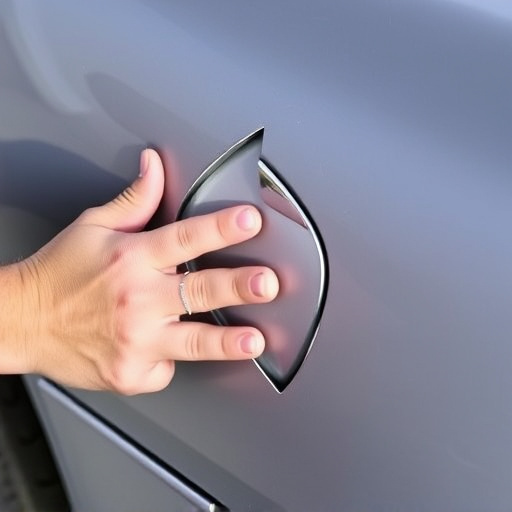
When assessing whether a total loss evaluation is unfair, it’s crucial to look out for several red flags that may indicate an inaccurate or biased judgment. These signs can help you understand if your vehicle’s value has been undervalued. Keep an eye on details like the age and condition of your car; a total loss assessment should consider its historical maintenance and any recent repairs, including those from auto repair services or fender repair specialists. If the evaluation doesn’t account for these factors, it might be unfair, especially if the vehicle still functions well despite minor cosmetic issues.
Another red flag is when the appraisal omits crucial details about specialized work done on your car, such as auto painting or body repairs. These services are integral to a vehicle’s aesthetic and safety, and their absence from a total loss assessment could mean significant financial loss for you. It’s important to challenge any evaluation that seems to overlook these aspects, ensuring that you receive a fair compensation for the full extent of your car’s repair needs.
Challenging the Assessment: Effective Strategies

When challenging a total loss assessment, it’s crucial to employ strategic tactics that ensure your argument is compelling and well-supported. One effective approach is to gather comprehensive documentation related to the vehicle’s condition before the incident. This includes obtaining detailed reports from reputable autobody repairs or car paint repair specialists who can attest to the potential for restoration and the cost estimates involved. By presenting these reports alongside pictures documenting the vehicle’s pre-accident state, you can demonstrate that a total loss evaluation might be premature.
Another strategy is to scrutinize the assessment methodology used by the insurance company. Insist on transparency regarding their criteria and calculations. If the total loss assessment appears to be based on outdated information or fails to account for modern repair techniques in vehicle repair, this can strengthen your case. Engaging with a team of experts who specialize in auto appraisals and understanding industry standards will enhance your challenge, ensuring that your argument is not only persuasive but also grounded in reliable data from the realm of vehicle repair.
A total loss assessment can be a complex and emotional process, but understanding your rights and employing effective challenging strategies is key. By identifying red flags and utilizing proven methods to contest the evaluation, you can navigate this labyrinthine process with confidence. Remember that knowing your options and presenting a strong case are essential steps in ensuring fairness when dealing with total loss assessments.


